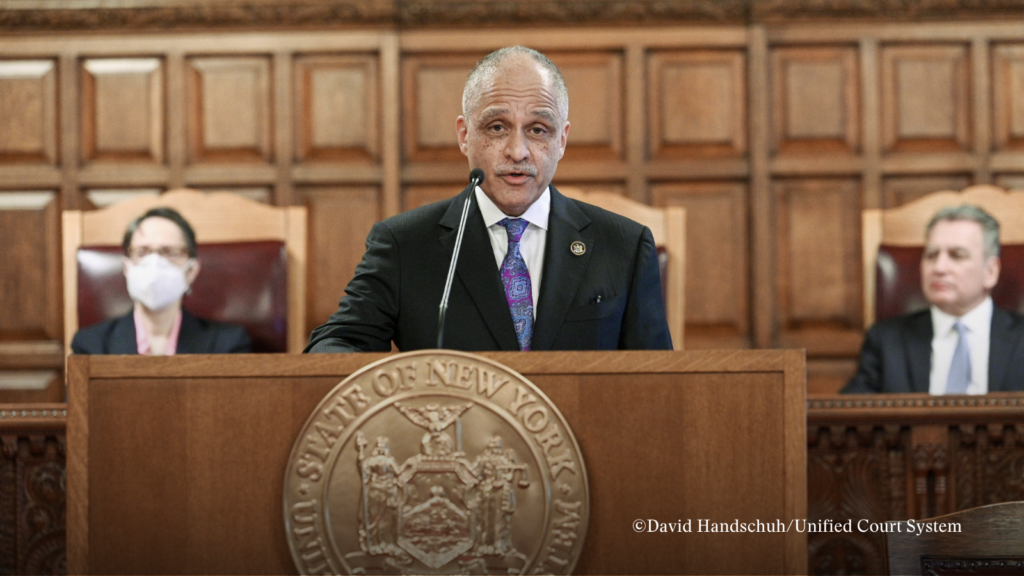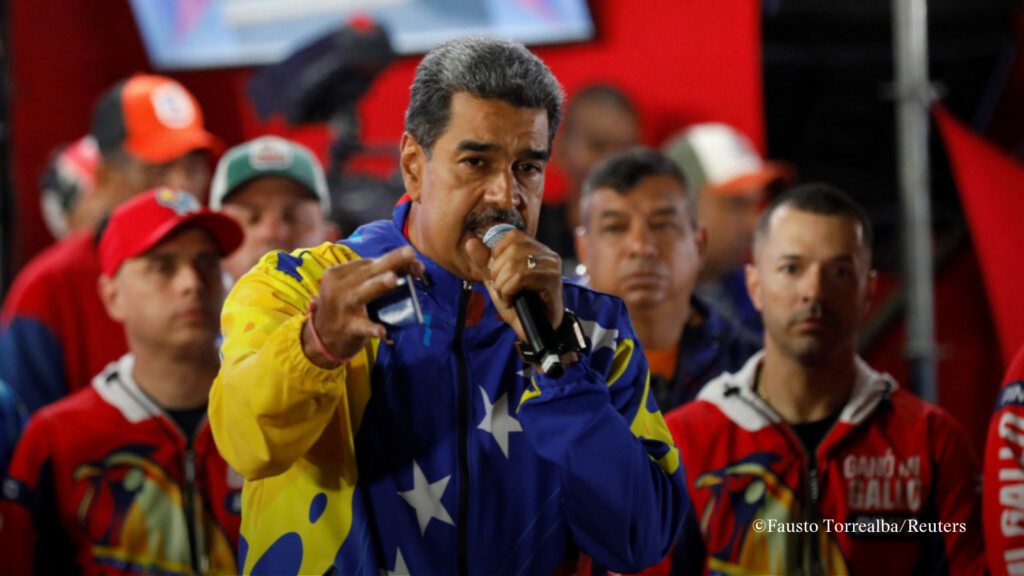
ICE Wants to Know if You’re Posting Negative Things About It Online
Amid anger and protest over the Trump administration’s plan to deport millions of immigrants, U.S. Immigration and Customs Enforcement plans to monitor and locate “negative” social media discussion about the agency and its top officials, according to contract documents reviewed by The Intercept. Citing an increase in threats to ICE agents and leadership, the agency is soliciting pitches from private companies to monitor threats across the internet — with a special focus on social media. People who simply criticize ICE online could pulled into the dragnet.

NY’s Criminal Justice System Isn’t Working, Chief Judge Says
New York’s top judge on Monday called on lawmakers and judges to enact major sentencing reforms to address a criminal justice system in New York that “just isn’t working.” Citing how New York state currently has a larger per capita prison population than Russia, Chief Judge Rowan Wilson argued during his annual address that keeping people incarcerated long term is a detrimental expense to the state, hurts local communities and ultimately prevents prisoners from true rehabilitation.

Trump Is Leading a Global Surge to the Right
Since the 20th of January, we have watched with increasing alarm as the administration of U.S. President Donald J. Trump has sought to repudiate the commitments of the United States to international law and institutions. He and his administration have withdrawn the United States from the Paris Climate Agreement and the World Health Organization, ended funding for ongoing humanitarian and rule of law projects, eliminated the U.S. Agency for International Development (USAID), initiated sanctions against officials of the International Criminal Court, ended funding for the United Nations Relief and Works Agency (UNRWA), and withdrawn U.S. participation in the UN Human Rights Council. All of this will have a catastrophic impact on human rights in the United States and around the world.

Maduro Government Accused of Dark New Tactic: Assassinations
Shortly after 3 a.m., a battering ram burst open the door to a 14th-floor apartment and three men dressed in the black tactical gear of the Chilean police rushed in. Brandishing guns, they grabbed Ronald Ojeda in front of his wife and 6-year-old son and dragged him away in his underwear. Mr. Ojeda, a 32-year-old former Venezuelan Army officer, was a political dissident living under asylum in a middle-class neighborhood of Chile’s capital, Santiago. He had tried to organize plots to topple Nicolás Maduro, Venezuela’s autocratic leader, and weeks earlier, Mr. Maduro’s government had publicly labeled him a traitor.

